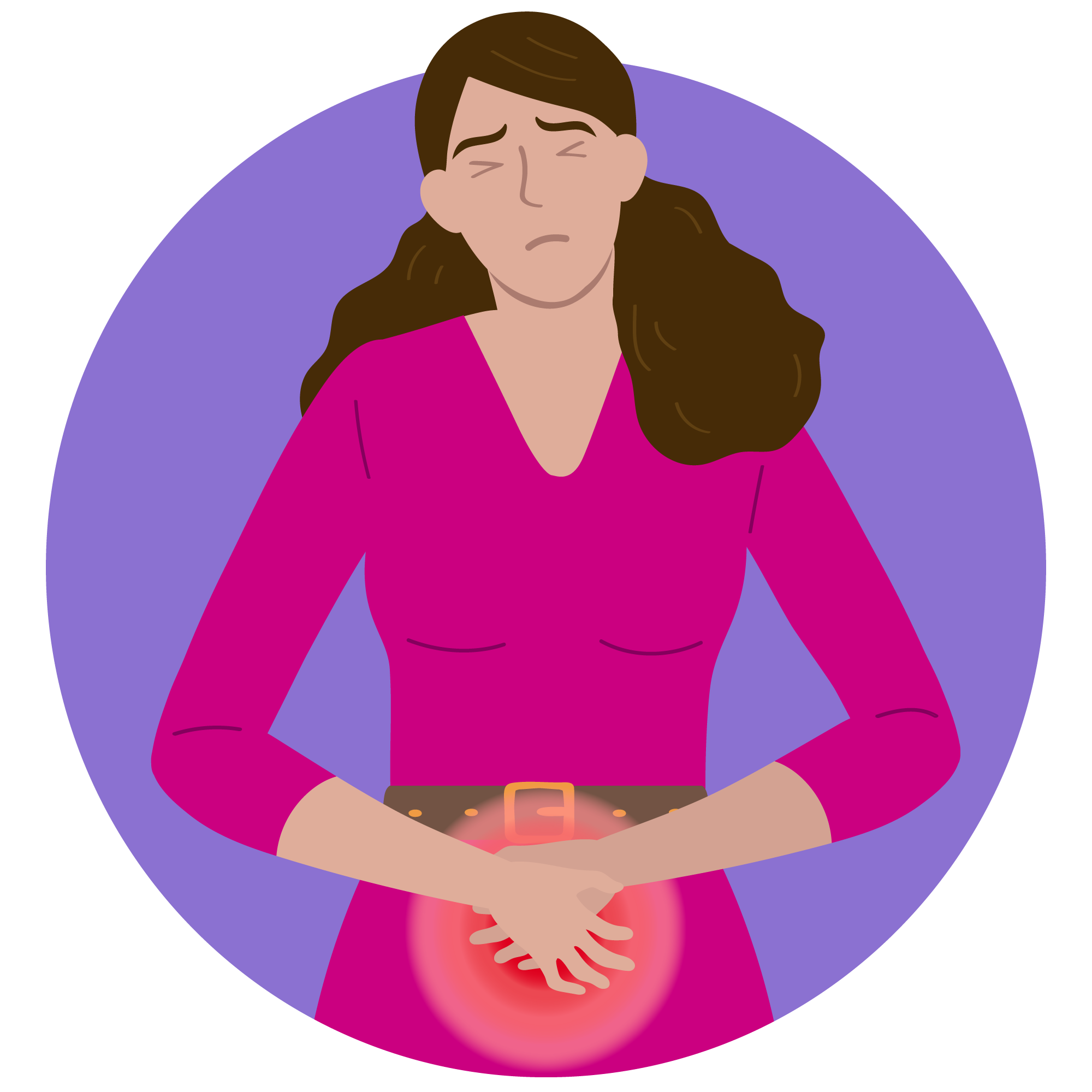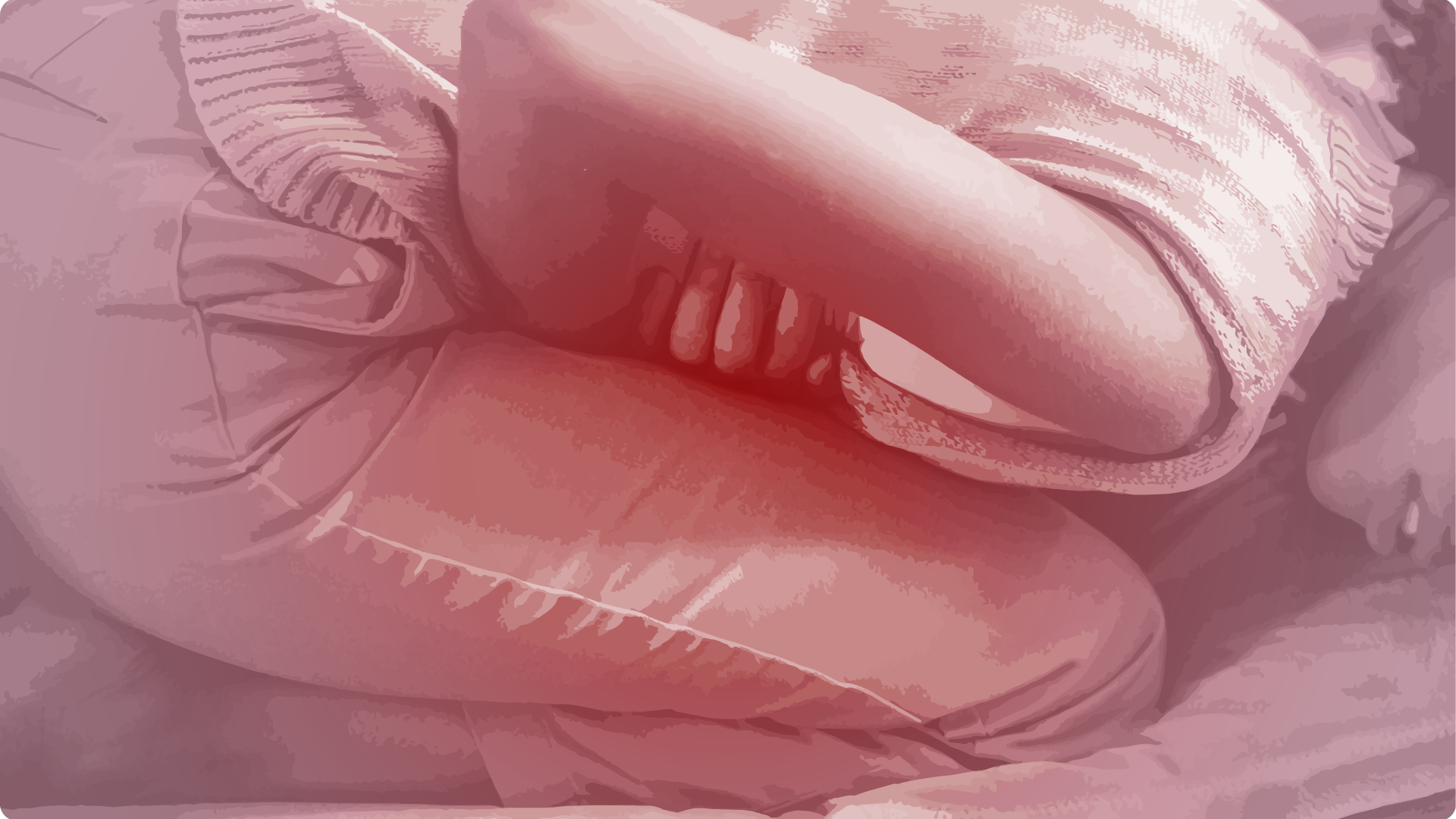Research & Studies
Research at CeMCOR

The Centre for Menstrual Cycle and Ovulation Research (CeMCOR) studies women+’s self-reported experiences during the menstrual cycle. We also study changes in these experiences as they relate to ovulation and throughout the lifespan. CeMCOR has a general interest in the effects of a woman+’s own ovarian hormonal changes on women+’s health.
Current Studies
CeMCOR is currently recruiting for three important research studies:
- Endometriosis and Brown Adipose Tissue Activity (BAT) Study
- Menstrual Cramps Ibuprofen Therapy Study
- Teen Health & Development Study
Volunteer research participants are the heart of all CeMCOR research. Participants are invited to provide feedback on study processes, to learn their own results and at the end of a study, to hear what the whole study found (often years before those results are published). Please become a CeMCOR research participant—this is a unique way you can contribute and improve the scientific and woman-centred information available for daughters, friends and the wider world of women+.

Endometriosis and Brown Adipose Tissue (BAT) Activity Study
A study exploring the connection between endometriosis and brown adipose (fat) tissue activity, to better understand chronic pelvic pain.

Menstrual Cramps Ibuprofen Therapy Study
A randomized controlled trial on ibuprofen therapy for menstrual cramps, aiming to improve non-hormonal treatment options.

Teen Health and Development Study
UBC’s Social Health Lab is exploring how hormonal changes shape teens’ health and social development.
Published Studies
CeMCOR shares findings from our compiled studies in peer-reviewed journals, helping to expand scientific understanding of the menstrual cycle, ovulation, and women’s health across the lifespan. Explore our published research to see how evidence from real-life experiences is shaping woman-centred care and advancing hormonal health knowledge.

Progesterone Decreases Night Sweats & Improves Sleep in Perimenopausal Women

Menstrual Cramps Can Be Worse in Normal-Length Cycles Without Ovulation

Sedentary Behavior Does Not Predict Low Bone Density (BMD) Nor Fracture – CaMos Study 2024
Publications
Sedentary behavior does not predict low BMD nor fracture—population-based Canadian Multicentre Osteoporosis Study
Journal of Bone and Mineral Research, Volume 39, Issue 3, March 2024, Pages 231–240
Validity of self-reported endometriosis: a comparison across four cohorts
Human Reproduction, Volume 36, Issue 5, May 2021, Pages 1268–1278